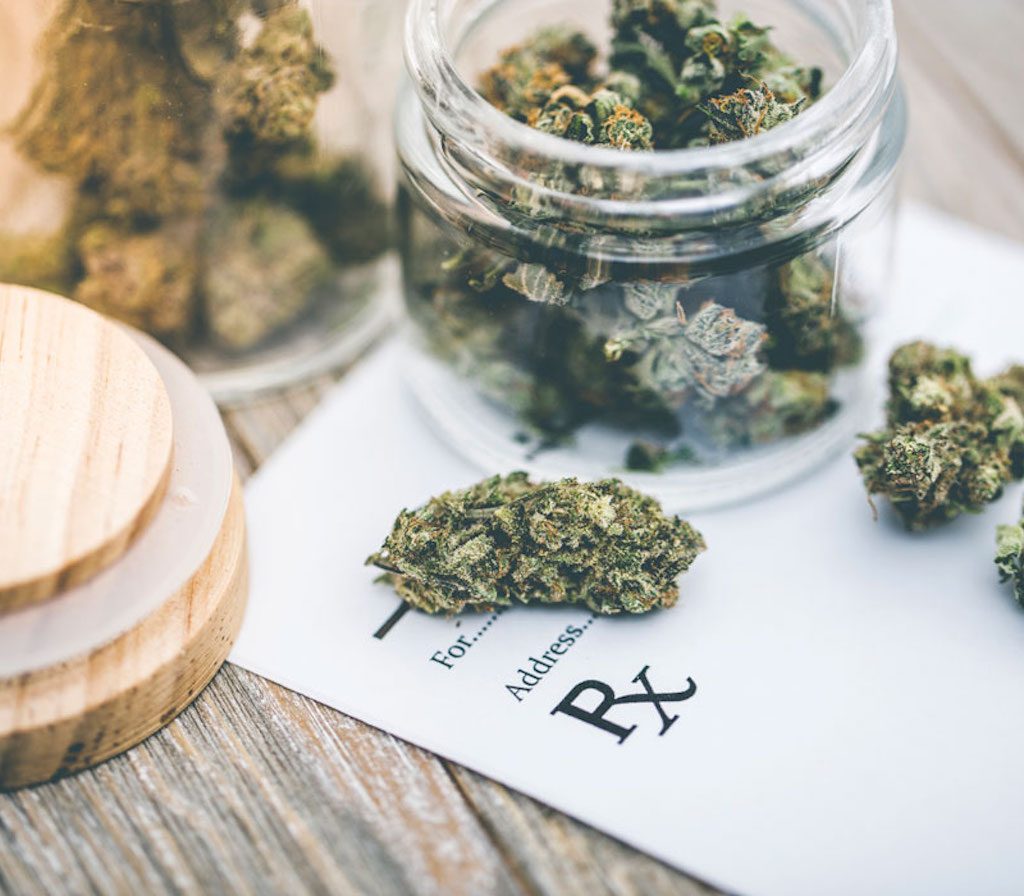One of the leading causes of blindness in the world is glaucoma and it is characterized by the changes in your optic nerve, which would then lead to the restriction of visual field.
Medical Marijuana and Glaucoma
There are several clinical studies that show that medical marijuana would reduce your intraocular pressure (IOP) and is one of the most conventional glaucoma medications.
It works whether or not they are administered orally, intravenously, or by inhalation. The only way that it doesn’t exactly work is when they are applied directly to the eye.
Glaucoma is one of the debilitating conditions qualified for medical marijuana in Baton Rouge. If you want to know more about this condition and know how to get a medical marijuana card if you have glaucoma call Teleleaf.com in Baton Rouge.
Is Glaucoma a Terminal Illness?
Glaucoma is a serious health condition. It’s an eye disease that may often be associated with elevated intraocular pressure, which could damage the optic nerve of the eye and could lead to the loss of vision, and even blindness.
Usually, it causes no symptoms early in its course and it could only be diagnosed by regular eye examination and screenings with the frequency of examination that is based on age and based on the presence of other risk factors.
What to Avoid if You Have Glaucoma?
1. Identify and avoid food allergens
You may or may not be at higher risk of glaucoma if you have food allergies. Foods that could cause allergies are generally soy, dairy, wheat, and corn so you have to work with your physician to supplement food that could cause you an allergic reaction.
2. Find complex Carbohydrates
When you have glaucoma you have to keep your insulin level normal because if your insulin level increases, then it could increase your IOP, and your blood pressure and carbohydrates do exactly that.
Foods such as potatoes, rice, bread, pasta, cereal, baked goods, and simple sugars are some of the foods that you could eat.
3. Selective Exercise
Outdoor activities like scuba diving and bungee jumping should be avoided and could raise your eye pressure.
Exercise is great and is recommended, but you also have to keep in mind that certain exercises may increase the intraocular pressure and you should avoid them. These would include positions where your head is lower than your body.
4. Cut Trans-Fatty Acids from your diet
Trans fatty acids are typically linked with high cholesterol levels and they are also known to damage blood vessels in our body.
And since this damage may occur anywhere in the body, including your eyes, cutting trans-fatty acids from your diet is recommended.
Consuming high trends fatty acid diets could result in damaging the optic nerve and any damage to this nerve is irreversible.
Avoid baked goods such as cookies, cakes, donuts, or any fried items like french fries or margarine sticks to steer clear from worsening your glaucoma. You have to look for partially hydrogenated oils in the ingredients list.
5. Steer Clear of Saturated Fats
Food that is high in saturated fats only worsens your glaucoma and increases your weight, which is why you should add this to the food you have to avoid.
Obesity may be associated with a higher risk of glaucoma tour injury with high IOP according to a study on the effects of Body Mass Index (BMI) on Intraocular pressure.
Excessive use of lard, shortening or butter should be limited and food that has saturated fats like fatty cuts of red meats like beef, pork, and lamb should be avoided. Another thing you could try is to use olive oil for cooking.
6. Consume less coffee
You might have to cut back on your coffee intake despite it being America’s wake-up call. Americans are drinking more coffee than ever before, with the percentage of coffee drinkers rising to 64 percent. Coffee increases your IOP, which could lead to optic nerve damage.
You could always substitute coffee with other warm beverages like green tea, which is a much healthier choice because it is full of antioxidants and could lower your cholesterol and blood pressure. Two of them are known to worsen optic nerve damage.
Reducing the Risk of Blindness
- Get a comprehensive eye exam
- Make sure you follow up with your ophthalmologist and continue your regular visits
- Optimize your treatment plan
Can you Live a Normal Life with Glaucoma?
People who have glaucoma could live a normal and independent life and largely unaffected by the condition if it’s in its early stages.

